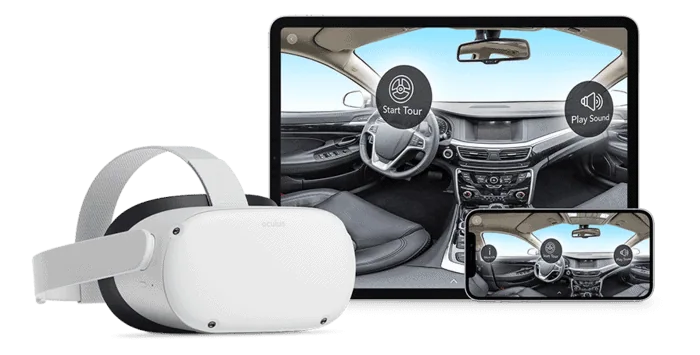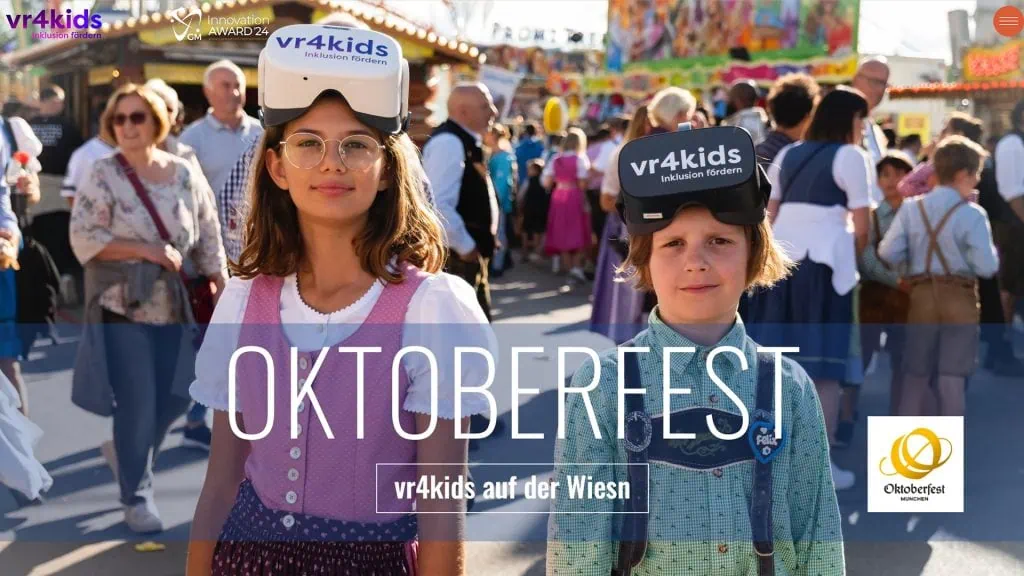Experience inclusion: Virtual Oktoberfest unites fun and accessibility
Project Background: The innovative “vr4kids” project by Connected Reality utilizes Virtual Reality to enable children with physical or mental limitations to have unique experiences. The project covers topics like Oktoberfest, wheelchair basketball, and soccer, and is designed to make these experiences accessible to children.
The inclusion initiative "vr4kids" - explained in detail.
Connected Reality’s Video
One of the highlights of the project is the virtual “Oktoberfest,” which allows children to experience the world’s largest folk festival in a safe and barrier-free environment. The VR application features various interactive elements, such as learning German, English, and sign language, visiting an almond stand, and a thrilling ride through a haunted house. These diverse offerings make Oktoberfest an inclusive experience that provides both joy and educational opportunities to children.
The technological implementation and delivery of the VR content are undertaken by VRdirect, who sponsors the VR platform as a technology partner. Here, the interactive 360° content is not only implemented but also hosted, ensuring a seamless and immersive experience. Furthermore, the project is supported by renowned sponsors such as Allianz, GMU, and Sparda-Bank, whose contributions are crucial to the project’s realization.
Feedback from participants and caregivers has been overwhelmingly positive. Children who were previously excluded from cultural life can now immerse themselves in a world that would otherwise have remained closed to them. The joy and amazement on the children’s faces during the virtual exploration of Oktoberfest are clear signs of how VR technology can enrich the lives of people with disabilities.
A press event on June 14 highlighted the potential of “vr4kids” and brought public attention to the project. The sustained positive response not only ensures the continuation but also the expansion of the project, to provide even more children with these unique experiences.
The inclusion initiative “vr4kids” was awarded the Innovation Awards 2024 by the Association German Mittelstand in June this year. This recognition is a great motivation for the project, which was launched two years ago.
The project proves that Virtual Reality has a transformative power that breaks down barriers and promotes inclusion in innovative ways. The “Oktoberfest” experience is just one example of how Virtual Reality can help make the world more accessible and experiential for everyone.




